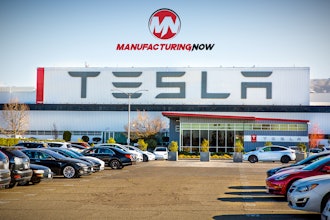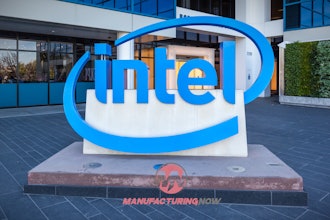Virgin Group has always been ambitious. The multinational conglomerate recently went multi-planet when it began sending its first flights into space with its Virgin Galactic arm. But the company has also been making strides in developing innovative transportation methods here on Earth in the meantime: most notably, Virgin Hyperloop.
The plan for Hyperloop has been to utilize pod-like transportation units to ferry passengers along a track at amazing speeds. Intent on revolutionizing intercontinental travel, Hyperloop’s 670 mile-per-hour speeds made it 10 times faster than traditional rail and three times faster than high-speed rail. As an added bonus, the Hyperloop’s creators said that, over its lifetime, it would have a lower environmental impact than virtually any other mode of public transportation.
But if you’re waiting patiently for your chance to ride the VH, it appears Virgin has some bad news: according to recent reports, the Hyperloop division has laid off about half of its workforce as it reportedly plans to shift to a cargo-focused business model.
The Financial Times first reported that Hyperloop was switching gears and putting all of its focus on future efforts to use Hyperloop on the movement of goods, not people. And while freight was always in the cards, Hyperloop’s new plan will focus exclusively on this application at a time when supply chain bottlenecks are clogging ports.
For example, VH hopes to use its vacuum tube system to create what have been called “inland ports,” where containers are shot further inland for processing rather than clogging up congested port areas. That way, says Engadget, “the main logistics hub wouldn’t need to be beside the sea, and could instead be at the heart of a transit hub closer to customers.”
Ideally, the plan reduces congestion and, potentially, cuts greenhouse gas emissions due to the reduced need for over-the-road trucks. Not to mention, a driver shortage enhances the gains of reducing highway miles.
Just why Virgin Hyperloop seems to be abandoning the passenger option isn’t quite clear for now, but industry observers speculate that the departure of former head Josh Giegel, one of two people to actually travel in a pod, possibly played a role.






















